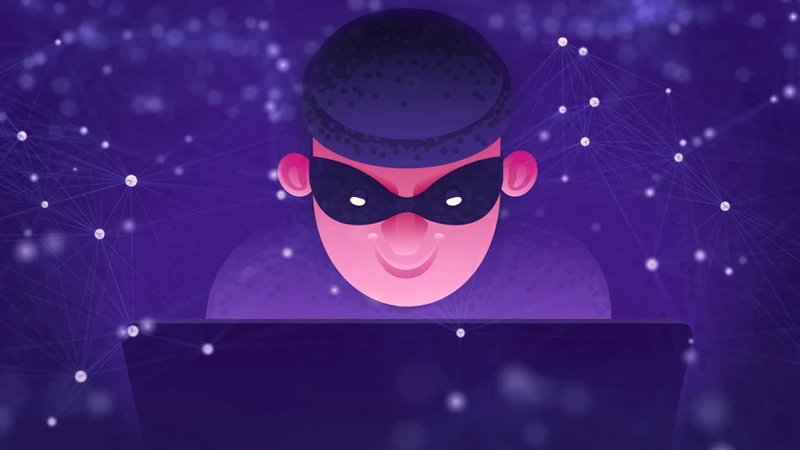Caught in the Web: My Journey Through China's E-Commerce Mania
- Xuande

- Nov 27, 2023
- 3 min read

As I sit down to write this, I can't help but feel a mix of excitement and anxiety, a cocktail of emotions that seems to have become the norm for young consumers like me in today's China. The reason? The ever-expanding universe of e-commerce, a realm where shopping festivals like 11.11 (Singles' Day) have turned from mere dates on the calendar into cultural phenomena, and where Key Opinion Leaders (KOLs) wield power that can only be described as staggering.
I remember my first 11.11 shopping experience. It was a rite of passage, almost a festival in its own right. The excitement was palpable – everyone around me was talking about it, planning for it. The allure of discounts and deals was irresistible. But as the years passed, I began to notice something: 11.11 was no longer just about snagging a good deal; it had morphed into a frenzied shopping marathon.
Each year, I found myself getting swept up in the hype, buying things I didn't need, lured by the promise of a bargain. It was a thrilling, yet exhausting experience. Reflecting on it now, I realize it's a stark example of how our shopping culture has transformed. We're not just consumers anymore; we're participants in a spectacle, one that leaves us both exhilarated and drained.

But perhaps the most bewildering aspect of this transformation is the rise of KOLs. Once mere influencers, they've now become pivotal figures in the e-commerce ecosystem. Take Li Jiaqi, for example. In 2022, he reportedly facilitated sales worth 65 billion yuan (about 10 billion USD), a figure that's not just impressive but somewhat alarming. His annual income, estimated at over 1.8 billion yuan, surpasses the net profits of more than 93% of publicly listed companies.
This staggering influence of KOLs has introduced a strange dynamic. It's no longer thousands of factories supporting a workforce; it's thousands of factories supporting a single KOL. This shift is more than just economic; it's cultural. We, as consumers, have started to lose our ability to judge the quality of products. Instead, we find ourselves jumping on bandwagons, our choices heavily swayed by these influential figures.
The high commission rates, sometimes exceeding 20%, and other platform fees have created a predicament for factories. To gain exposure and sales, many have had to compromise on quality. This cycle is not just detrimental to the manufacturers but also to us as end-users. We're caught in a whirlwind where the quality of products takes a backseat to the glitz and glamour of KOL endorsements.
As a young consumer, I find myself grappling with this new reality. There's a growing disconnect between what we buy and why we buy it. Our purchasing decisions are increasingly influenced by the charisma and persuasiveness of KOLs, rather than the intrinsic value of the products. It's a concerning trend, one that raises questions about the sustainability of this model.

As the e-commerce landscape continues to evolve, I can't help but wonder about its long-term implications. Will the allure of KOLs and the frenzy of shopping festivals like 11.11 continue to dominate our consumer culture? Or will we see a shift towards more sustainable and quality-focused shopping practices?
In this digital age, where the lines between influencers and sales giants are blurred, it's more important than ever for us, especially the younger generation, to navigate this e-commerce maze with a critical eye. We need to reclaim our power as discerning consumers, resisting the urge to be swayed by the spectacle and remembering the value of quality and sustainability.
As I ponder over these thoughts, I realize that while the digital landscape has given us incredible access and convenience, it has also presented us with new challenges. It's a journey we're all on together, trying to find that balance between embracing the digital revolution and holding onto our values as consumers.



I think this article gives a really good insight into China's increasingly consumer friendly economy. Singles Day reminds me of Black Friday in America, and I think it's great to recognize cultural parallels. I had never heard of KOLs before, and their influence is staggering.
I first heard about single's day lsat year during one of my business courses. I'm really enticed by the idea of a corporate holiday and how such a thing came to be–not only with Single's Day but with days such as Black Friday, now there's Cyber Monday and Travel Tuesday. It's really interesting to see how commerce continues to evolve and the new ways in which businesses market their products. Especially when, nowadays, businesses are less about the actual deals during these time periods and more about their own interests and deceiving buyers.